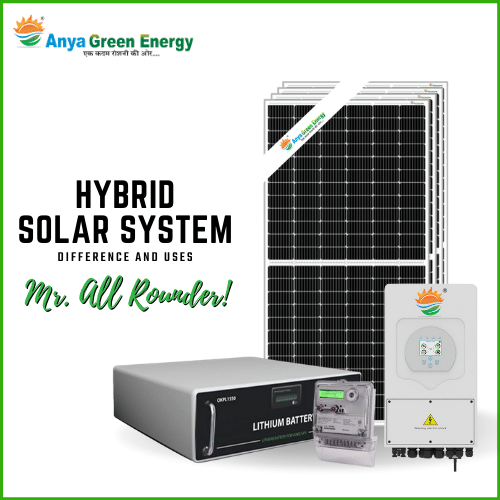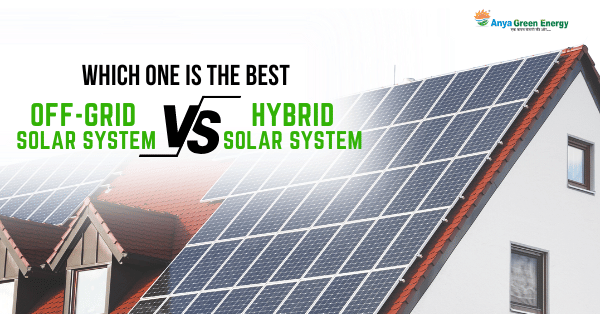HYBRID SOLAR SYSTEM FOR PAPER PLATES FACTORY
In the pursuit of eco-friendly and cost-effective solutions, businesses are increasingly turning to renewable energy sources. One such innovative approach is the integration of a hybrid solar system for paper plates factory. This strategic move not only aligns with environmental goals but also brings about significant economic advantages. In this blog, we will explore the why, how, and benefits of adopting a hybrid solar system for a disposable paper plates factory.
Get Hybrid Solar System for Paper Plates Factory

Why choose hybrid solar system for paper plates factory ?
The choice of energy source for manufacturing processes plays a pivotal role in shaping the sustainability and efficiency of a factory. Disposable paper plates factories, being energy-intensive, can greatly benefit from a hybrid solar system. The keyword “hybrid solar system for paper plates factory” encapsulates the essence of this eco-friendly and forward-thinking approach.
Importance of hybrid solar system for paper plates factory
Disposable paper plates manufacturing is a continuous process that demands a steady and reliable power supply. A hybrid solar system, combining solar energy with traditional grid power, ensures uninterrupted production even during periods of low sunlight. This approach addresses the inherent intermittency of solar power, making it a feasible and reliable solution for the energy demands of a disposable paper plates factory.
Benefits of hybrid solar system for paper plates factory
Cost Efficiency: The implementation of a hybrid solar system significantly reduces electricity bills. By harnessing solar power during peak sunlight hours, the factory can rely less on conventional grid power, resulting in substantial cost savings.
Environmental Sustainability: The keyword emphasizes the commitment to environmental responsibility. A hybrid solar system reduces the factory’s carbon footprint, contributing to sustainability goals and enhancing the company’s reputation as an eco-conscious business.
Energy Independence: Relying on a hybrid solar system provides a level of energy independence. The factory can generate its power, reducing dependency on external power sources and mitigating the impact of energy price fluctuations.
Stable Power Supply: Ensuring a stable power supply is crucial for the continuous operation of a disposable paper plates factory. The hybrid system offers reliability, combining the consistency of grid power with the eco-friendly benefits of solar energy.
Government Incentives: Governments often provide incentives and subsidies for businesses adopting renewable energy solutions. By embracing a hybrid solar system, a disposable paper plates factory can take advantage of these financial benefits, further enhancing its return on investment.
Community Engagement: The adoption of sustainable practices, such as a hybrid solar system, can positively impact the local community. It demonstrates corporate responsibility and fosters goodwill among consumers and residents.
Technological Innovation: Integrating a hybrid solar system showcases the factory’s commitment to technological innovation. This forward-thinking approach can attract investors and customers who prioritize environmentally conscious and technologically advanced businesses.
Long-Term Reliability: Investing in a hybrid solar system is a long-term strategy. With proper maintenance, solar panels have a lifespan of 25 years or more. This longevity ensures a stable and consistent energy source for the disposable paper plates factory.
In conclusion, the adoption of a hybrid solar system for paper plates factory is a transformative step toward sustainable and cost-effective operations. The keyword “hybrid solar system for paper plates factory” encapsulates the essence of this strategic move, reflecting a commitment to environmental stewardship and future-focused energy solutions. As businesses increasingly recognize the importance of sustainability, integrating hybrid solar systems will likely become a standard practice in the evolution of manufacturing processes, ensuring a greener and more economically viable future.


